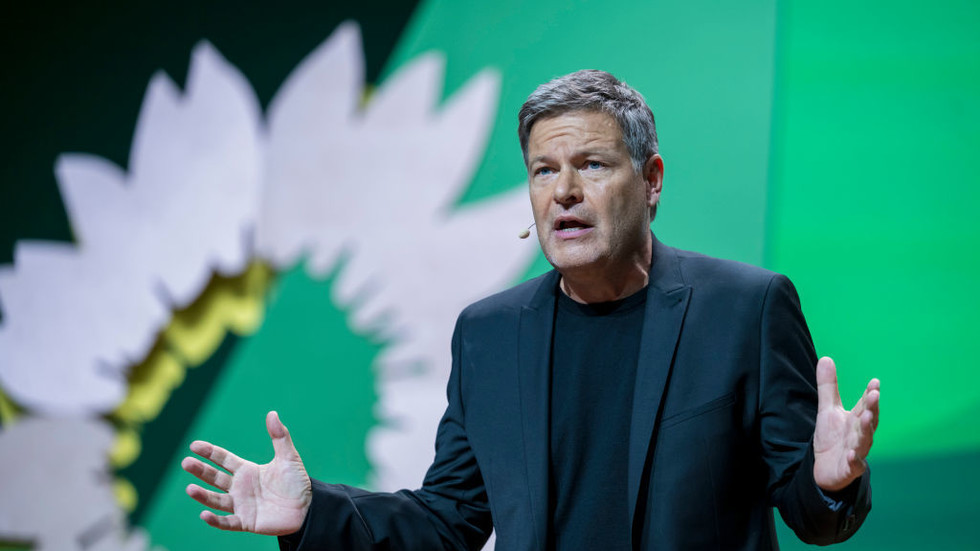Robert Habeck, Germany’s Economy Minister, has raised concerns about the country’s economic “business model” amid challenges stemming from underinvestment and external pressures from other major economies. In a recent interview with Bild newspaper, Habeck reflected on Germany’s economic vulnerabilities, particularly as the central bank has issued warnings about a bleak outlook for the coming year. He emphasized that while Germany is facing significant hurdles, he believes there is potential for recovery and revitalization, stating, “Our business model is really cornered… it would be too early for me to throw in the towel.” Habeck identified inadequate investment in key areas such as infrastructure, taxation, and workforce development as primary factors contributing to the negative state of the economy.
Habeck further articulated that Germany’s economy is heavily reliant on exports, which necessitate open global markets. This dependency is particularly relevant in light of current geopolitical tensions, especially related to threats made by then-President-elect Donald Trump regarding increased tariffs on foreign-made vehicles. Such measures could heavily impact the German automotive sector, which is a cornerstone of the economy, representing about 5% of the nation’s GDP. The Ifo Institute for Economic Research in Munich has warned that the imposition of tariffs could lead to significant financial losses for Germany, estimating potential losses of €33 billion ($34.6 billion) and a 15% decline in exports to the U.S.
Addressing these pressing issues, Habeck acknowledged the gravity of the situation faced by Germany but remained optimistic about finding viable solutions. However, specific strategies to overcome these challenges were not detailed in the interview. His comments followed a bleak assessment from the German central bank, which dramatically downgraded its growth forecasts, projecting only 0.2% growth for the following year, reduced from a previously expected 1.1%. Additionally, the central bank anticipates a 0.2% contraction for the current year, a stark shift from earlier predictions of modest growth, implying a further economic downturn.
The Federal Statistics Office, Destatis, revealed that the economic contraction in 2023 stemmed from ongoing inflationary pressures, elevated energy prices, and sluggish demand from foreign markets. The dire economic landscape underscores the compounded effects of global market shifts and national policy decisions. The transformation in fiscal health comes at a time of political turmoil, as Chancellor Olaf Scholz’s ruling coalition has faltered, resulting in a snap federal election set for February 23. The collapse of this coalition was prompted by Scholz’s dismissal of Finance Minister Christian Lindner, signaling possible shifts in political power and policies that could affect economic recovery strategies.
Habeck’s remarks highlight a crucial moment for Germany as it navigates a complex interplay of domestic policy decisions and international economic conditions. The need for robust investment strategies and reforms to foster competitiveness is evident as Germany wrestles with the impacts of evolving relationships with global trade partners. The automotive industry faces particular challenges, especially with growing competition from Chinese electric vehicle manufacturers flooding the European market, threatening the stability of a sector vital to the German economy.
In conclusion, while Robert Habeck expresses optimism regarding Germany’s ability to address its economic challenges, he recognizes the intricate factors at play, including reliance on exports, structural underinvestment, and external economic pressures. The country’s future economic trajectory will depend on decisive actions taken to stabilize the situation, attract investments, and adapt to the changing global marketplace. As political dynamics shift, attention will be drawn to how upcoming elections and potential leadership changes will influence policy directions crucial for reviving Germany’s economic standing in an increasingly competitive global environment.

